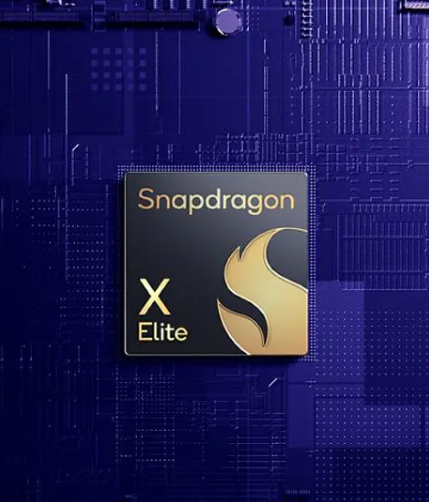Canonical has taken a major step in edge computing by introducing Ubuntu 24.04 Desktop and Server to Qualcomm’s Dragonwing AI processors. This marks the first official Ubuntu Desktop release for the Dragonwing platform—bringing a complete desktop experience directly to edge environments.
The rollout supports Qualcomm’s QCS6490 and QCS5430 processors, targeting developers, hardware manufacturers, and integrators building advanced solutions for industrial and embedded IoT applications. With this release, Canonical is empowering on-device AI by combining powerful computing performance with a familiar software ecosystem.
A New Era for AI at the Edge
The integration of Ubuntu with Dragonwing hardware delivers a unified development platform designed for machine learning, rich graphics, and multimedia processing—all executed locally on the device. This development supports a growing demand for AI-powered applications that can function independently of the cloud.
Canonical has confirmed that production-grade releases with long-term support (LTS) are on the way. These future versions will include the stability and security updates essential for industrial and commercial deployments.
Open Beta Now Available
Canonical has launched an open beta program, giving early access to Ubuntu 24.04 images for those using Qualcomm’s RB3 Gen2 Vision and RB3 Gen2 Lite Vision kits. Developers can start testing immediately and begin integrating Ubuntu into their edge applications.
According to Qualcomm’s Director of Product Management, Pragya Pathi, this collaboration enables the development of innovative IoT solutions across a variety of edge use cases—offering both Desktop and Server environments for maximum flexibility.
Desktop Experience Comes to Embedded Systems
One of the most significant upgrades is the inclusion of a full Ubuntu Desktop interface. Traditionally, edge and embedded systems were limited to command-line tools or minimal user interfaces. With this release, Canonical delivers a graphical environment that feels like a traditional desktop OS, making it easier for developers and users to interact with complex systems directly in the field.
This shift could benefit a wide range of applications—from smart retail kiosks and industrial control panels to on-device AI systems capable of making real-time decisions without relying on cloud connectivity.
Enhanced for Dragonwing Hardware
Ubuntu 24.04 for Dragonwing isn’t a basic port—it’s been optimized for Qualcomm’s edge processors. Key improvements include:
- Advanced camera and multimedia support, critical for image-based AI processing
- Expanded sensor integration, simplifying data collection from IoT components
- Performance tuning and bug fixes, improving reliability and deployment readiness
These enhancements ensure developers can take full advantage of the hardware while staying within a secure, scalable Linux environment.
Streamlining Development and Deployment
Having an official Ubuntu release optimized for Dragonwing simplifies development for hardware makers and integrators. It reduces the complexity of system integration and accelerates time-to-market. Combined with Canonical’s enterprise support offerings, developers can rely on ongoing security patches and maintenance—an essential consideration for long-term projects.
This collaboration between Canonical and Qualcomm is more than just a software update—it’s a signal of commitment to transforming edge computing. By making full-featured Ubuntu Desktop and Server environments available for AI-powered edge devices, they’re providing the foundation for a new generation of intelligent, responsive, and self-reliant systems.
Whether you’re building the next smart factory interface or deploying vision-driven diagnostics in the field, this combination of robust hardware and trusted software is set to redefine what’s possible at the edge.


